Everyone - no matter who you are, or what kind of life you lead - encounters stress in one way or another. It’s simply a part of human existence. A difficult one, but a part of it nonetheless.
There’s no getting rid of stress; pushing it off will only make for a heavier load further down the road. Instead of trying to get rid of it, the key is knowing how to deal with it. One method that works for many is a tactic known as stress inoculation.
What Is Stress Inoculation?
It’s the process of getting more comfortable with unknown situations. It’s human nature to fear what we don’t know or situations we haven’t experienced, which means that those things typically cause a stress reaction. Stress inoculation gradually introduces people to unknown situations and opportunities of stress - doing exactly what the body is programmed to avoid.
The goal is to get yourself to feel more comfortable in situations that would normally trigger a stress response; in other words, situations that would trigger the fight or flight instinct. By immersing people in these types of situations, stress inoculation hardens their senses and makes them more adaptable to stressful experiences.
With stress inoculation training, it’s important to put into play absolutely everything that could go wrong. Don’t hold anything back. The reasoning is this: The goal is to get the body and mind as toughened up as possible, so it’s important to impose the hardships that you’re especially fearful of. By making it through such hardships in a training scenario, your body won’t be so hard-wired to react with fear when it’s the real thing.
You already know the types of events that your body will react to, but you also must understand how you react to such situations. That’s what stress inoculation is all about. By participating in this method, you get to know your body and the way it responds, and therefore you get to know yourself much better. Once you become familiar with yourself during an intense situation, the fear surrounding it will lessen considerably.
So far, this is all pretty abstract. Let’s take a look at some concrete examples.

How Can Athletes Leverage Stress Inoculation?
Imagine a football player with a lot of experience when it comes to practices, scrimmages, games, playoffs, and championships. Since he is used to the high-pressure environment, he doesn’t have to get used to it every single time he runs onto the field. He can better cope with the situation because he’s comfortable playing in any situation. He’s been inoculated.
One of the most important things for athletes is to put in the work ahead of time. This is a lot like resistance training - focusing on practice to perfect the performance. To get the best result, it’s key to train as if you were performing in a competition. Simulate the competition environment as closely as possible during your training by putting pressure on yourself to perform well, using the same equipment that you’d use during a competition, and imagining an audience watching your every move. By practicing with these things in mind, the real thing won’t feel like a threat.
To take this a step further, you can add a layer of stress to work against by depriving your body of fuel (food), water, and performance supplements by carefully limiting your intake. But before carrying this out, discuss it with your doctor, coach, or other qualified professional.
Hold yourself accountable by setting goals and standards for your training. If you don’t meet your goal, be consistent with the consequences - such as doing push-ups or running laps.
Military Training
Protekt co-founder Nick Norris was formally introduced to the stress inoculation method when he was a part of the Navy SEAL training program. Military training scenarios can be incredibly stressful - they use blank ammunition, loud explosions, yelling and intense activity to simulate the chaos of combat - but there is a purpose behind all the stress.
Stress during training helps to produce a calmer response when a soldier finds themselves in actual combat situations. More often than not, the training scenarios are more stressful than real-life combat, and part of this is due to having someone there to watch you and score your performance.
“I went through land warfare training,” Nick mentioned. “My trainer, Jocko, was very demanding and created an extremely high-stress environment. Having him watch me work was more stressful than anything else. I think that led me to hold myself to a really high standard, which carried me over to feeling comfortable in real-life combat situations.”

When there’s a Lack of Stress Inoculation
A few years ago, Nick ran the Grand Canyon Rim-to-Rim-to-Rim Race. It’s a 45-mile run with 10,000 ft. elevation gain.
“I didn’t have enough mileage, elevation, or good simulation of the weather in my prep,” he said. “Because of this, my tendonitis flared up badly in my IT band during the race. In my training, I hadn’t run far enough - so, I didn’t get a chance to realize that this was going to be an issue. What I could’ve - and should’ve - done was develop a plan for how to cope. And I would’ve known how to cope had I simulated the race’s environment better during training. Because of my lack of stress inoculation during training, the event was very hard on my body and required much more recovery time than it would have had it gone well.”
Stress Inoculation in Everyday Life
The truth of the matter is that we all probably already carry out stress inoculation to some extent in our day-to-day lives. We try things, get more familiar with them, and they become easier.
Take a musician for example. To become more comfortable performing for an audience, they can simulate the venue. Playing outdoors, practicing around others, and slowly increasing the number of people makes it easier to perform on stage during a recital in the park, playing flawlessly for hundreds.
By using stress inoculation in all aspects of your life, you can set yourself up for success in any situation.
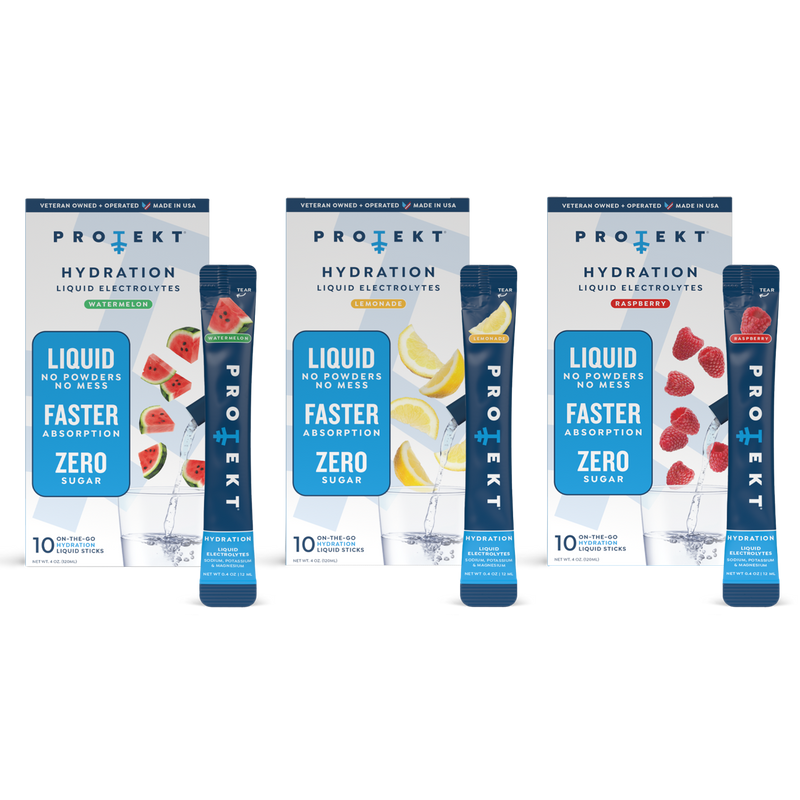
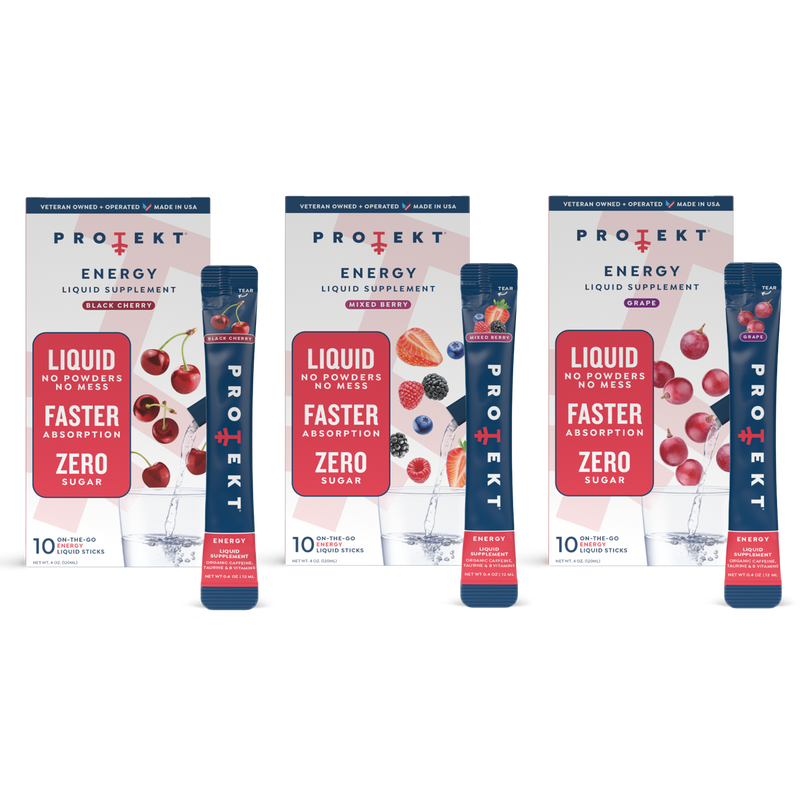
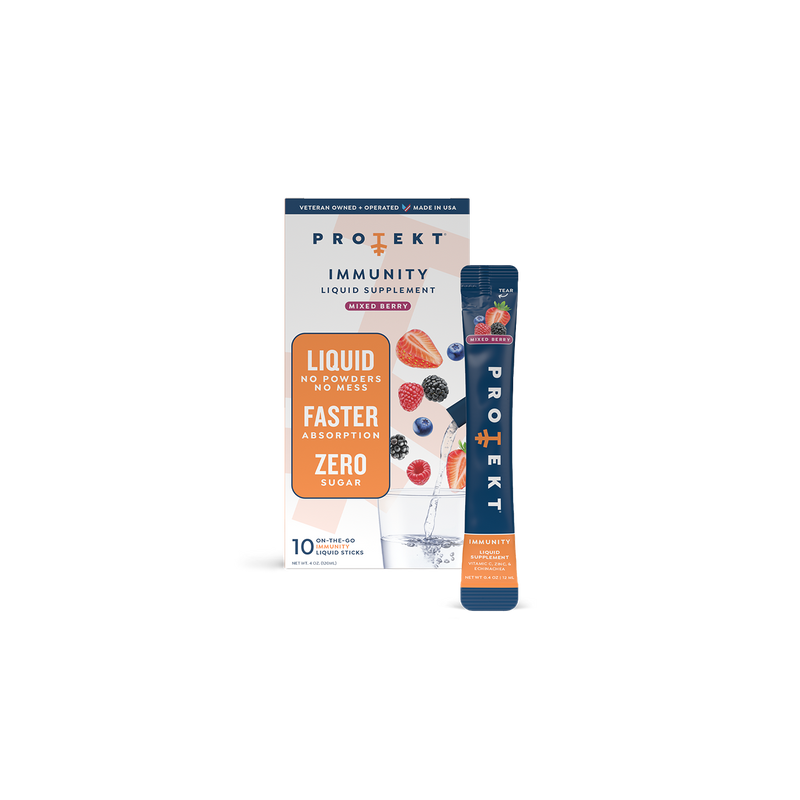
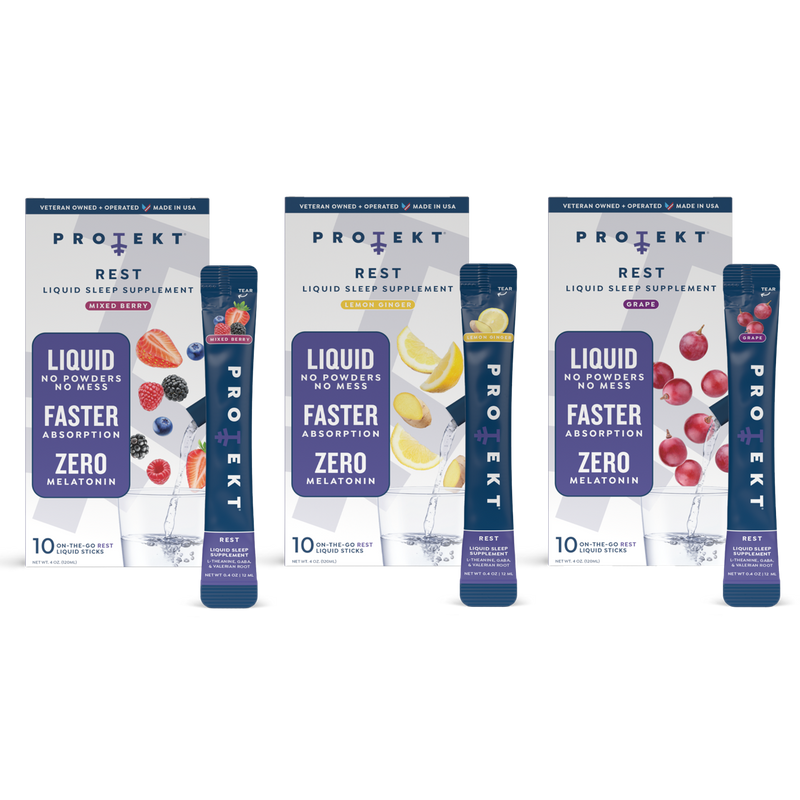



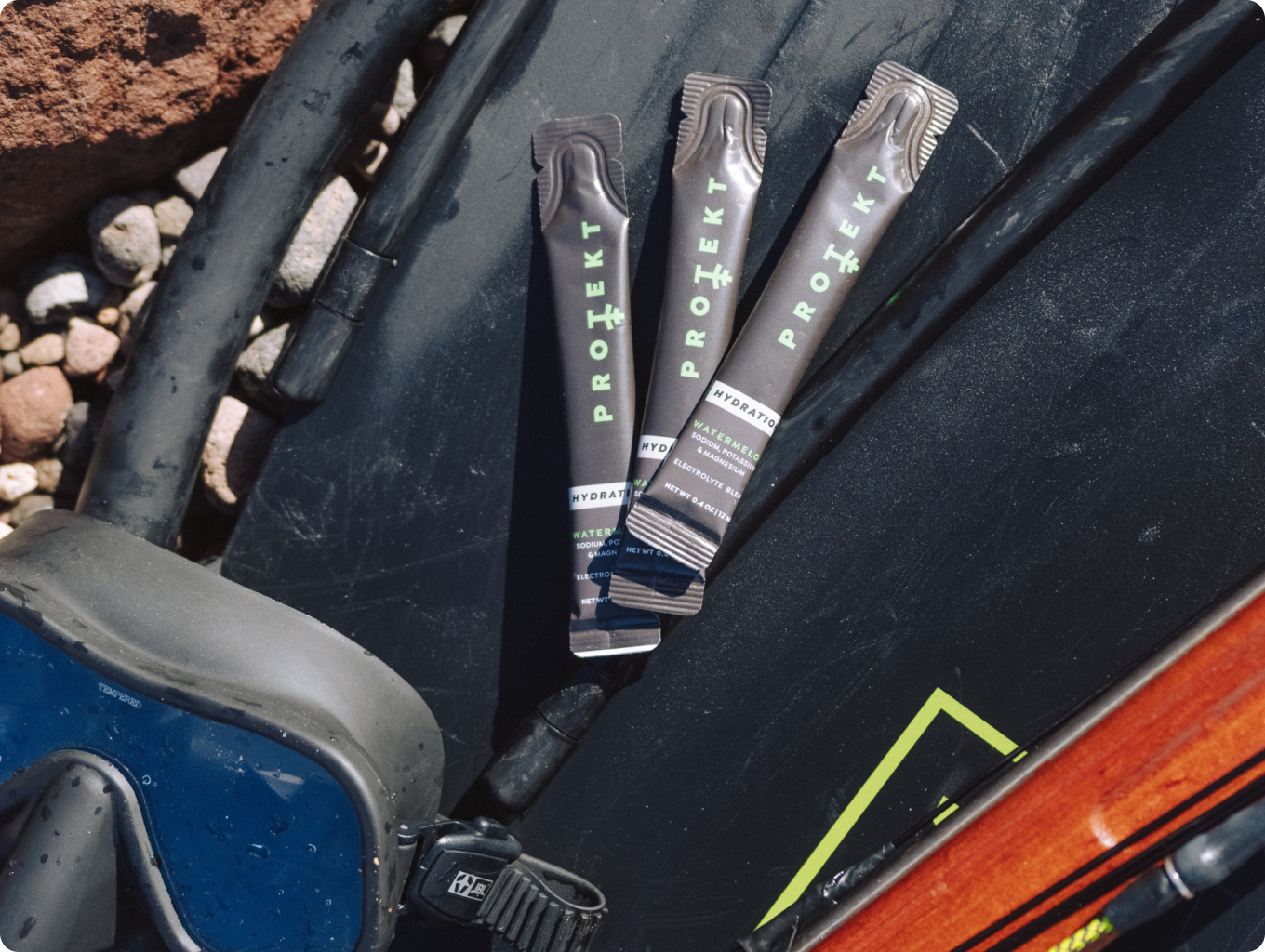






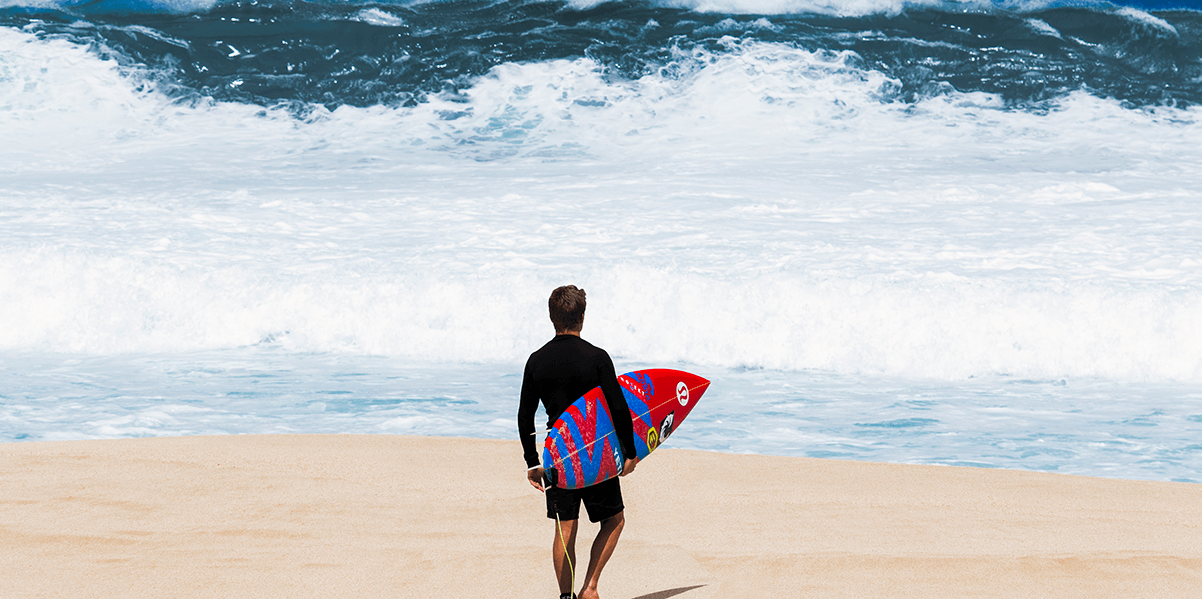
Leave a comment
All comments are moderated before being published.
This site is protected by hCaptcha and the hCaptcha Privacy Policy and Terms of Service apply.